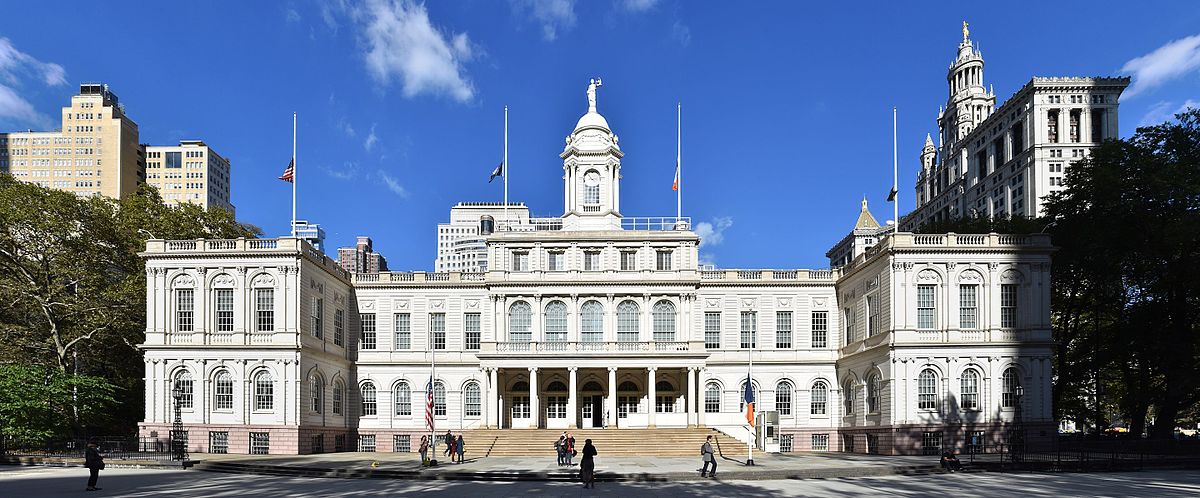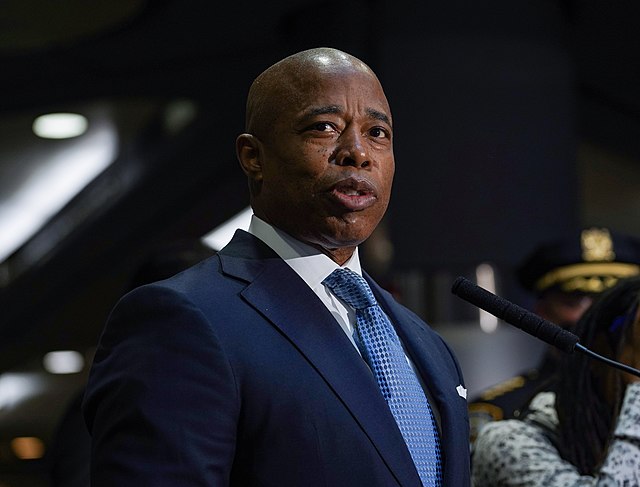In a rare clash between New York City’s branches of government, the City Council decisively overturned Mayor Eric Adams’ veto on housing bills that aimed to expand rental assistance. The 42-8 vote marked the first mayoral veto override in almost a decade, reflecting the Council’s strong support for the bills. Council Speaker Adrienne Adams expressed disbelief at the need for the override, emphasizing the importance of preventing homelessness.
The disagreement between the mayor and the Council extends to various issues, including the migrant crisis and air quality emergency. At the heart of the conflict lies the question of expanding rental subsidies amidst a worsening affordable housing crisis, with Councilmembers stressing the urgency of aiding low-income New Yorkers facing eviction in a city grappling with skyrocketing rents and record-high shelter populations.
This clash between the mayor and the Council harkens back to a more contentious relationship reminiscent of the era of Mayor Michael Bloomberg. Peter Vallone, a former City Council speaker, emphasizes the importance of dialogue despite differences, noting that every mayor initially perceives themselves as all-powerful but eventually recognizes the need for collaboration with the Council.

The package of bills in question aims to expand access to city-funded housing vouchers for low-income New Yorkers. Mayor Adams argues that the legislation is financially burdensome to administer and “clearly exceeds the Council’s legal authority.” He has shown little willingness to yield to the left-leaning legislative body, which has criticized his stance on homelessness policies and social service budget cuts.
Council pressure did push the mayor to take some notable policy action. Last month, he signed an executive order implementing one of the Council’s proposals, removing the requirement for individuals to spend 90 days in a shelter before becoming eligible for rental assistance.
During a recent press conference, Adams highlighted the success of this policy change, citing 500 households that qualified for housing vouchers and are now working with city officials to secure permanent housing. However, he also acknowledged the challenges faced by voucher recipients, including limited housing supply and landlords unlawfully refusing to accept the vouchers.
Adams emphasized that increasing the homeless population would be detrimental and urged the Council to focus on addressing overly restrictive zoning regulations that hinder the development of affordable housing.

The conflicting cost estimates between the administration and the Council further complicate the dispute. City officials estimate that the bills’ net cost over five years would amount to $17 billion, while the Council argues that funding them would cost around $11 billion. Homeless advocates argue that the latter amount is insignificant compared to the expenses associated with allowing more people to become homeless.
Reports from nonprofit shelter agency WIN and the Community Service Society of New York indicate that implementing the legislation could save the city up to $730 million annually and assist 92,000 New Yorkers in retaining their homes. However, the Adams administration disputes these analyses, claiming that they overstate shelter savings and the number of people entering shelters due to evictions.
Christine Quinn, former Council speaker and current head of WIN, criticized the mayor’s stance, stating that his position on many aspects of the bills is misguided. Quinn has previously engaged in policy disagreements with the Bloomberg administration, successfully challenging new eligibility requirements for those entering homeless shelters in 2011.
Engaging in a prolonged court battle could prove costly for taxpayers and leave those who could benefit from the legislation in a state of uncertainty. The Legal Aid Society, representing homeless New Yorkers, has expressed its intention to intervene in any future lawsuit seeking to halt the legislation.
With over 100,000 individuals currently in the city’s shelter system, Councilmember Gale Brewer supports the Council’s legislation. Brewer, who experienced both contentious and more harmonious relationships between the Council and the mayor during the Bloomberg era, hopes that both parties can resolve their differences without resorting to litigation.












